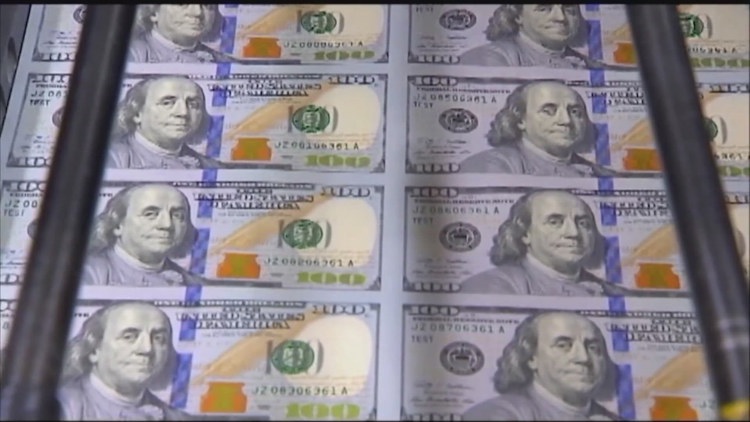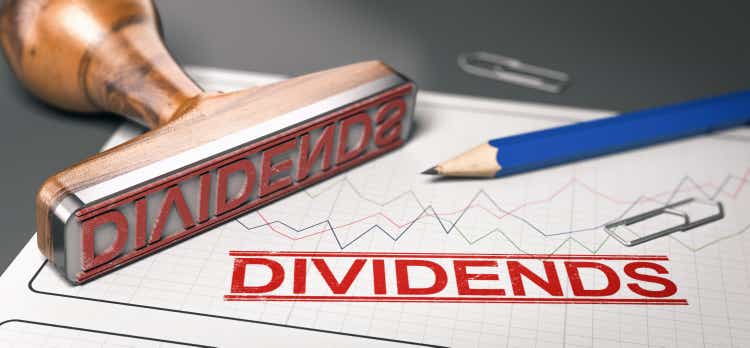AUSTIN, Texas — Financial markets continued to tumble on Friday after the Trump administration announced its newest round of tariffs, triggering a second day of big losses on Wall Street . The DOW, Nasdaq and S&P 500 all ended the day down nearly 6%. Financial experts say it is the steepest drop in the stock market since the early days of the COVID-19 pandemic.
“There has been a lot of anxiety. There has been a lot of fear,” Stacy Armijo, Chief Experience Officer at Amplify Credit Union, said. “One thing we know that the market does not like is uncertainty, and the last two days have been filled with uncertainty.

” On Friday afternoon, China escalated tensions by announcing a 34% retaliatory tariff on all U.S. imports.
President Trump responded on social media by pressuring the Federal Reserve to cut interest rates and accusing Federal Reserve Chair Jerome Powell of playing politics. It's the first major retaliation and an escalation in the trade war fueling concerns of American economic uncertainty. “The upside could be massive, but the downside could be massive,” U.
S. Sen. Ted Cruz said on his podcast, “Verdict with Ted Cruz,” on Friday.
In Austin, people feel the impact on their investment accounts long before they feel the actual impact of the tariffs themselves. “The automobiles, all those little parts and stuff like that, might create a small hiccup for maybe a year until small businesses get their stuff together and produce small parts,” Ryan Rachui said. Rachui said he, like President Trump, believes the disruption will be temporary and worth it.
“It needs to happen,” he said. “It's a tough love relationship.” Tariffs are a tax on the goods that come into the country and are designed to increase review.
Federal Reserve leaders have said they're concerned about higher inflation. Tariffs “Companies internationally and locally will pass that increased cost on to the consumer. So the cost of our goods potentially will go up too.
So tariffs, even though they lead to increased revenue, can sometimes lead to inflation,” Rahsaan King said. “The best we can hope is that the increase in revenue we earn outweighs the cost of the inflation we will incur. Unfortunately, we won't know the answer for a couple of years, but prayerfully, we don't wind up hurting more than we gain.
The Trump administration imposed sweeping 10% tariffs on all imports starting Saturday. There are steeper tariffs on certain trading partners, including a 20% tax on goods from the European Union and up to a 54% tariff on products from China. Economists expect the cost of everyday goods, including clothing, groceries, appliances and cars to increase in as little as two weeks.
While she can’t tell the future or what is around the corner with the economy, with fears of a recession or stagflation growing, Armijo said people can take steps to not make their situation worse. “I may or may not be able to control how much my next trip to the grocery store costs, but I certainly can control the choices I make when I'm there and the actions that I take in between,” Armijo said. “I tend to focus on what's within my control and then pay attention and trust the rest of the process.
” The tariffs are expected to impact the bottom lines of virtually every company, even ones that employ and produce in the U.S. Analysts say the new tariffs could cost the average American family of four up to $7,200 a year.
“There's good reasons to be anxious if your 401 K went down, if your stock portfolio went down, if your business revenue went down,” King said. “That's a good reason to lose sleep.” With the global economy reeling, trillions of dollars in retirement accounts and corporate values have been wiped out in two days.
“It is scary to watch something that you have spent your working life accumulating suddenly change overnight,” Armijo said. “I won't pretend to be able to predict the future, but we know that over the long arc of time, things level out, and things become more stable.” Lynn Chanda remembers the panic when the bottom dropped out with the 2008 recession.
“Everything dropped out there, their retirement's gone, and they thought they can't afford to live,” Chanda said. “But we're still here.” Armijo encouraged people not to look at their retirement accounts because this is a short-term situation, and most people invest in the stock market for long-term purposes.
For those who do see their 401(k) drop, there is plenty of time to recover. “You weren't using that money yesterday, and you aren't using it tomorrow, and so what happened to it today is going to be a point in time, but don't react to what's happening to it today when that's not what you need it for,” Armijo said. So, Armijo said you should not make drastic changes and sell off long-term investments into something "safer” with a more modest interest rate, like treasury bills.
“You're selling it at the lowest point in the market, and so you are accepting a loss that you probably don't have to accept,” Armijo said. Instead, you should stay calm and hold steady. “I would just encourage folks to take the long view and don't let near-term situations and emotions tempt you into doing something that you're going to regret over the longer time horizon,” Armijo said.
While the stock market will always have its ups and downs, experts say the key to managing a 401(k) and weathering the turbulent economic times is staying focused on your long-term goals. “I don't have a crystal ball, so I can't predict when things are going to be better, but it's coming down the pipe,” Chanda said..
Business

Central Texans feel impact of new tariffs on investment accounts

With the global economy reeling, trillions of dollars in retirement accounts and corporate values have been wiped out in two days.















